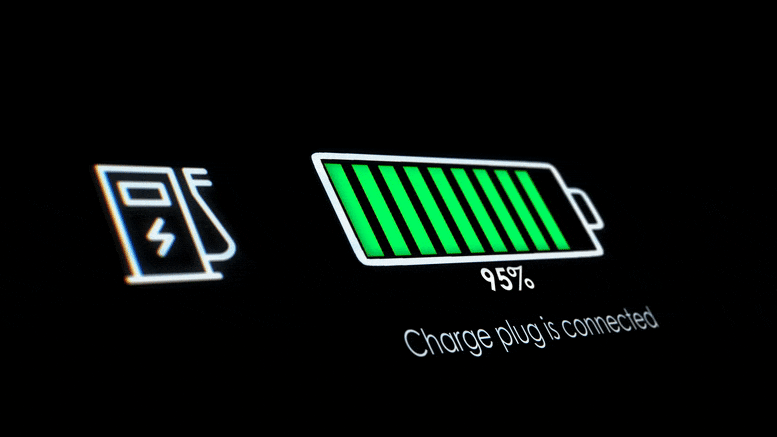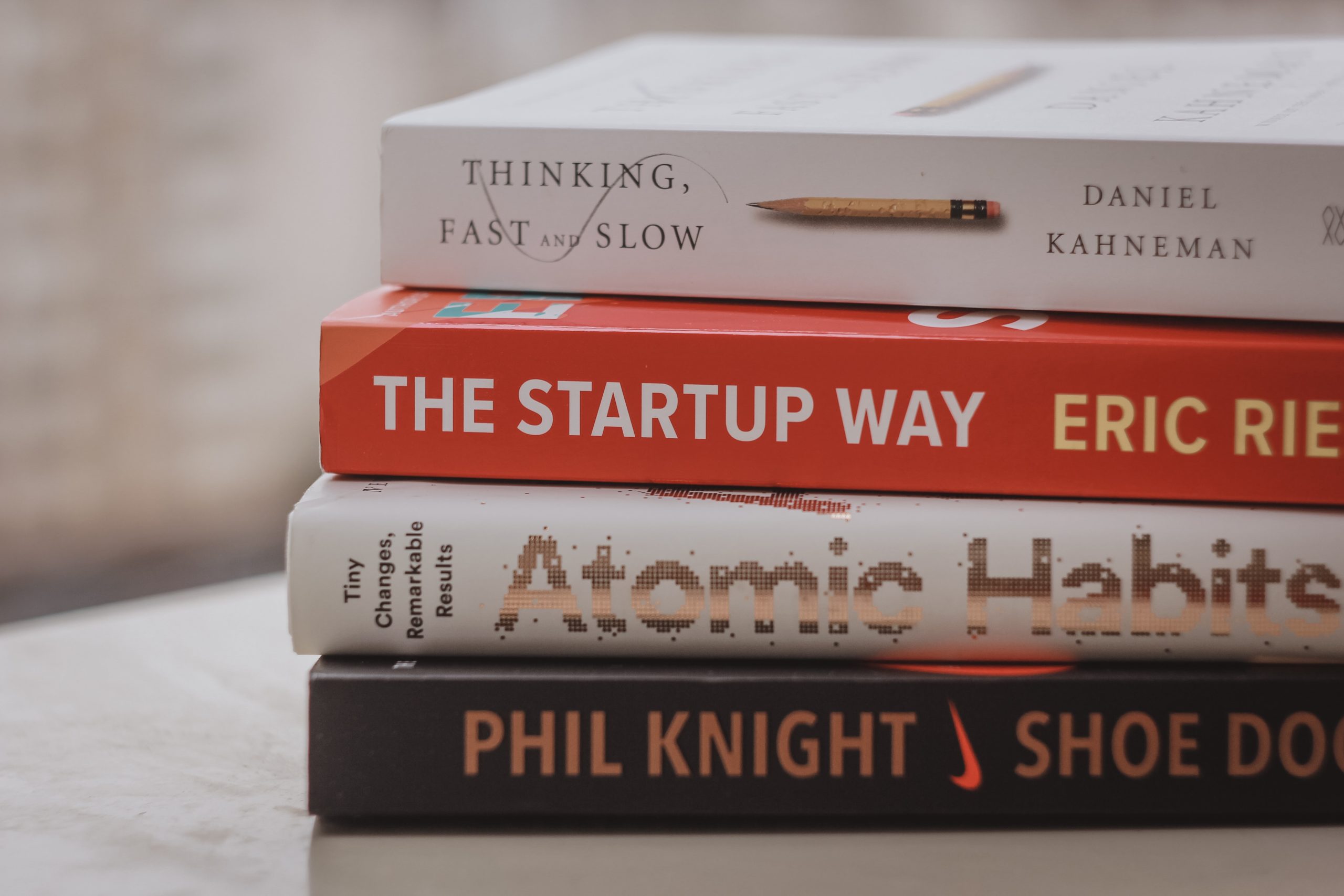How will the next 90 days be different from your last 90 days? Take a moment to stop and really feel into that. We’re often too damn busy to take just 10 minutes to stop and deeply reflect on questions like that.
Sure, you can be conservative and continue to get the same results, at least for the time being. Yet, I’m challenging you to push yourself into deepening a practice that’s working well for you or try eliminating a practice hindering you.
Aristotle once said, “we are what we repeatedly do. Excellence then is not an act, but a habit.” It’s in our daily habits that we make incremental changes to the trajectory of our lives.
We’ve all heard the myth that it takes 21 days to create a new habit. That’s bullshit; it was tied to a 1950’s plastic surgeon, Dr. Maxwell Maltz, who saw that it took around 21 days for his patients to get used to their new look. Actual scientific research paints a much different picture.
In a study published in the European Journal of Social Psychology, it took on average 66 days before a new behavior became automatic; for some people, it was 18 days, and for others, it was 254 days. It seems rather useless to focus on the 66 days given the range we’re looking at. The point is, it’s not 21 days, so let’s kill that myth because it creates the wrong expectation about the effort needed to construct life-changing habits.

I love what Gary Keller (founder of Keller Williams Real-Estate) has to say about creating habits in his book, The ONE Thing. He suggests that willpower is needed to develop a habit, but once the habit is created, and the neural pathways are established, willpower can take a back seat. Willpower is a renewable resource, but it isn’t an unlimited consistent power source. Keller wants us to think about willpower like a battery. In the morning, the battery is fully charged, and as the day goes on, our battery starts to drain. We need maximum willpower to put in the effort to make our daily changes in life. I believe this is why many people that society dubs successful have structured morning routines. They are putting the effort in early before the day drains their willpower.
I firmly believe the best things in life are obtained through focused long-term effort, not shortcuts. Find that one thing to task your fully-charged willpower on changing, put in the effort, build the habit and make the change!

